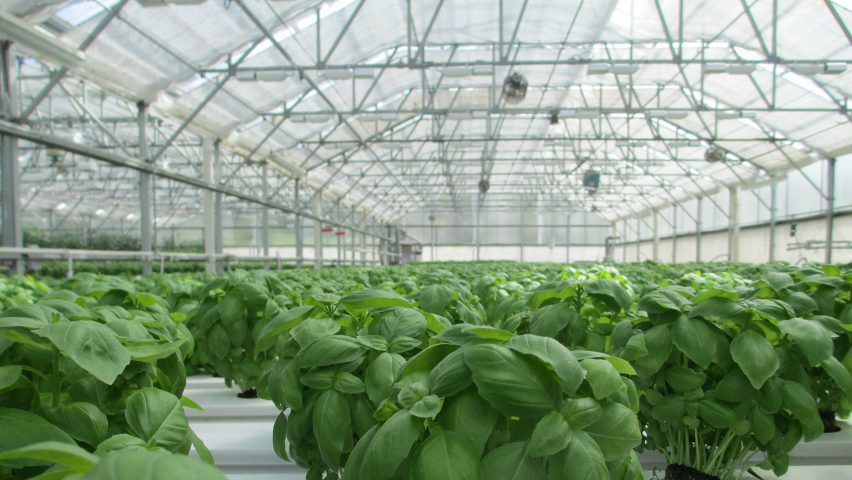Hungary has revealed plans to build a new carbon-neutral greenhouse-filled farming city that will be powered by renewable energy sources.
The €1 billion (£877 million) agricultural centre is proposed for the border between Hungary, Austria and Slovakia. It will cover 330 hectares – equivalent to 500 football pitches.
Hungary's minister of agriculture István Nagy said the development would herald an "epoch change for agriculture". German developers FAKT and energy providers EON are collaborating with the Hungarian government on the project.
Farms will run on renewable energy
The new district will be home to a complex of greenhouses for the year-round cultivation of herbs and vegetables such as aubergines and tomatoes. It will also be the location of "Europe's largest onshore fish farm", as well as the requisite cold storage and logistics facilities.
EON will be supplying the renewable energy to power these farms. This will be mainly in the form of solar and biogas, reported Bloomberg. Geothermal plants, a form of sustainable power that uses energy from the earth, will be used to provide cooling.
The settlement will be carbon neutral, meaning that the carbon dioxide produced in its construction and over its lifetime will be offset or eliminated entirely.
"Customers and society demand innovative, sustainable solutions that change our way of life and work today," said EON director Alexander Fenzl.
"Sustainable, reliable and yet affordable energy solutions [...] are essential for shaping the living and working spaces of the future."
Sustainability is a global priority
Around 1,000 homes for workers will be located in a new residential area, complete with a kindergarten and elementary level school, as well as shops and hotels.
"With the project we want to set a standard for the sustainable integration of work and living in Europe," said FAKT CEO Hubert Schulte-Kemper.
Pressure to seriously address climate change is mounting, with a UN report warning that we have just 12 years to prevent global warming rising above 1.5 degrees and triggering environmental disaster.
New urban developments around the world are already prioritising sustainability.
UNStudio has planned a new district in Amsterdam that will have a circular economy, processing its own waste and producing its own renewable energy. OMA has masterplanned an area for Milan that will turn disused goods yards into green parks for the city.
In India, BIG has masterplanned a new tech city for Bangalore that will be painted in cooling white paint, while Foster + Partners has designed a new state capital Andhra Pradesh, which aims to be one of the most sustainable cities in the world.
Main image is from Pixabay.

